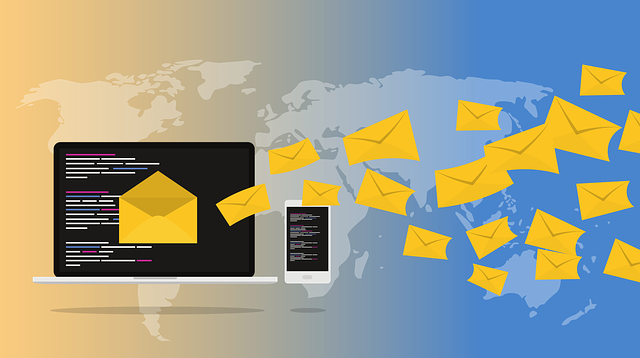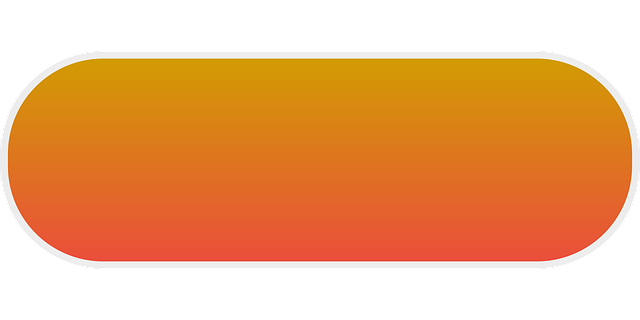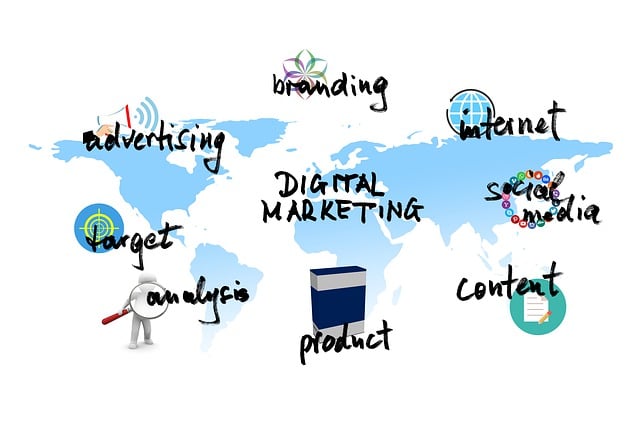Artificial Intelligence (AI) is transforming micronutrient management by analyzing dietary records, blood tests, and genetic data using machine learning algorithms. It identifies specific nutrient gaps and suggests personalized dietary adjustments or supplements, improving health outcomes. AI-driven meal planning integrates caloric burn analysis with users' daily activities and metabolic data to create customized diet plans, ensuring meals meet individual energy needs and reducing the risk of micronutrient deficiencies. This holistic approach promotes overall health and well-being through informed dietary decisions.
“Revolutionize your approach to nutrition with AI tools that accurately detect micronutrient deficiencies. This article explores how artificial intelligence enhances deficiency identification, focusing on its synergistic effect with caloric burn analysis in meal planning. We delve into the integration of AI for personalized nutrition tracking, ensuring optimal health through precise, data-driven insights. Discover how these cutting-edge technologies transform your dietary management, syncing seamlessly with your caloric burn to achieve balanced and tailored nutritional goals.”
- How AI Enhances Micronutrient Deficiency Detection
- The Role of Caloric Burn Analysis in Meal Planning
- Integrating AI for Accurate and Personalized Nutrition Tracking
How AI Enhances Micronutrient Deficiency Detection

Artificial Intelligence (AI) is transforming the way micronutrient deficiencies are identified and managed, offering a more accurate and personalized approach to healthcare. By leveraging machine learning algorithms, AI tools can analyze vast amounts of data from various sources, such as dietary records, blood tests, and genetic information, to pinpoint specific nutrient gaps in an individual’s diet. This capability is particularly beneficial for micronutrients, which are often overlooked during routine health assessments due to their subtle effects on overall health.
One of the key advantages of AI in this context is its ability to sync with meal planning and caloric burn calculations. These algorithms can predict how different foods impact nutrient absorption and excretion, ensuring that any detected deficiencies are addressed through tailored dietary recommendations. For instance, if an AI system identifies a vitamin B12 deficiency, it can suggest specific food groups or supplements to incorporate into a person’s meal plan, taking into account their caloric intake and overall diet. This precise approach enhances the effectiveness of micronutrient supplementation and promotes better health outcomes.
The Role of Caloric Burn Analysis in Meal Planning

Meal planning is a complex process that involves understanding individual caloric needs, macronutrient ratios, and micronutrient deficiencies to ensure optimal health. AI tools are revolutionizing this landscape by integrating caloric burn analysis into meal planning. By syncing with users’ daily activities and metabolic data, these intelligent systems can accurately predict calorie expenditure and adjust meal recommendations accordingly.
This personalized approach ensures that meals not only meet nutritional requirements but also align with individual energy needs. For instance, AI algorithms can factor in factors like age, gender, weight, height, activity levels, and health goals to create customized diet plans. This level of precision promotes effective weight management, enhances overall nutrition, and reduces the risk of micronutrient deficiencies, making it a game-changer for anyone seeking balanced and tailored meals.
Integrating AI for Accurate and Personalized Nutrition Tracking

Integrating artificial intelligence (AI) into nutrition tracking offers a promising path towards personalized and precise healthcare. By leveraging AI algorithms, users can gain insights into their dietary intake, with tools that accurately detect micronutrient deficiencies. This technology enables individuals to tailor their meal plans accordingly, ensuring they receive the optimal balance of essential vitamins and minerals.
AI-driven systems can analyze vast datasets to predict caloric burn rates and sync this information with personalized meal planning. This holistic approach ensures users’ nutritional needs are met based on their unique metabolism and activity levels. Consequently, individuals can make informed decisions about their diet, promoting overall health and well-being.
Artificial intelligence (AI) is transforming nutrition tracking and meal planning by accurately detecting micronutrient deficiencies. By leveraging AI tools, professionals can offer personalized recommendations that consider individual caloric burn rates, ensuring optimal nutrient intake. This innovative approach, combining AI caloric burn syncing with meal planning, promises to revolutionize healthcare and dietetics, fostering healthier lifestyles for all.
